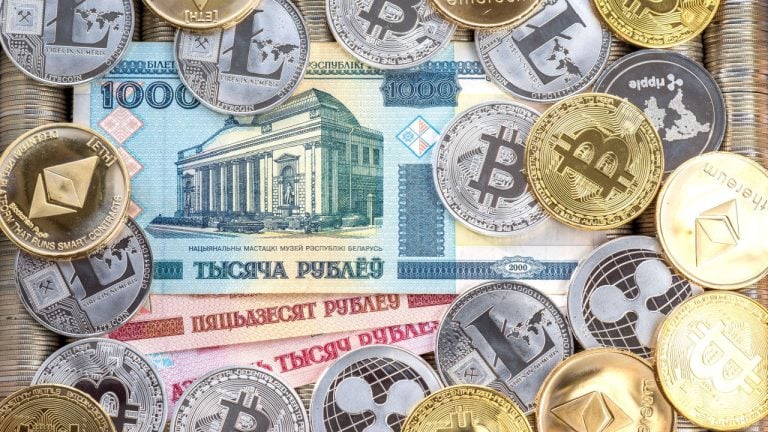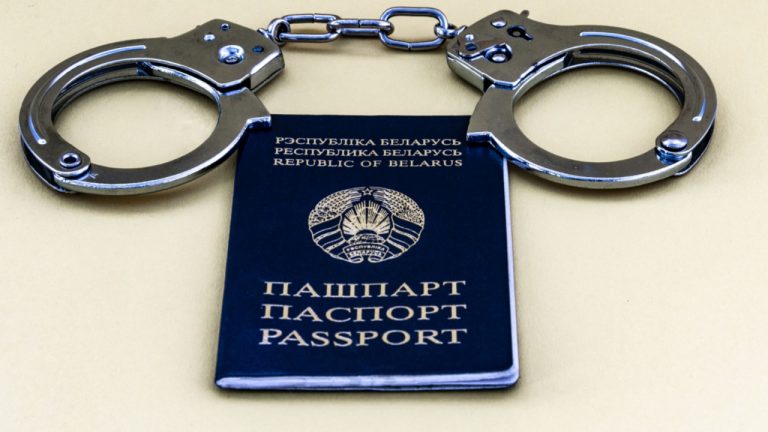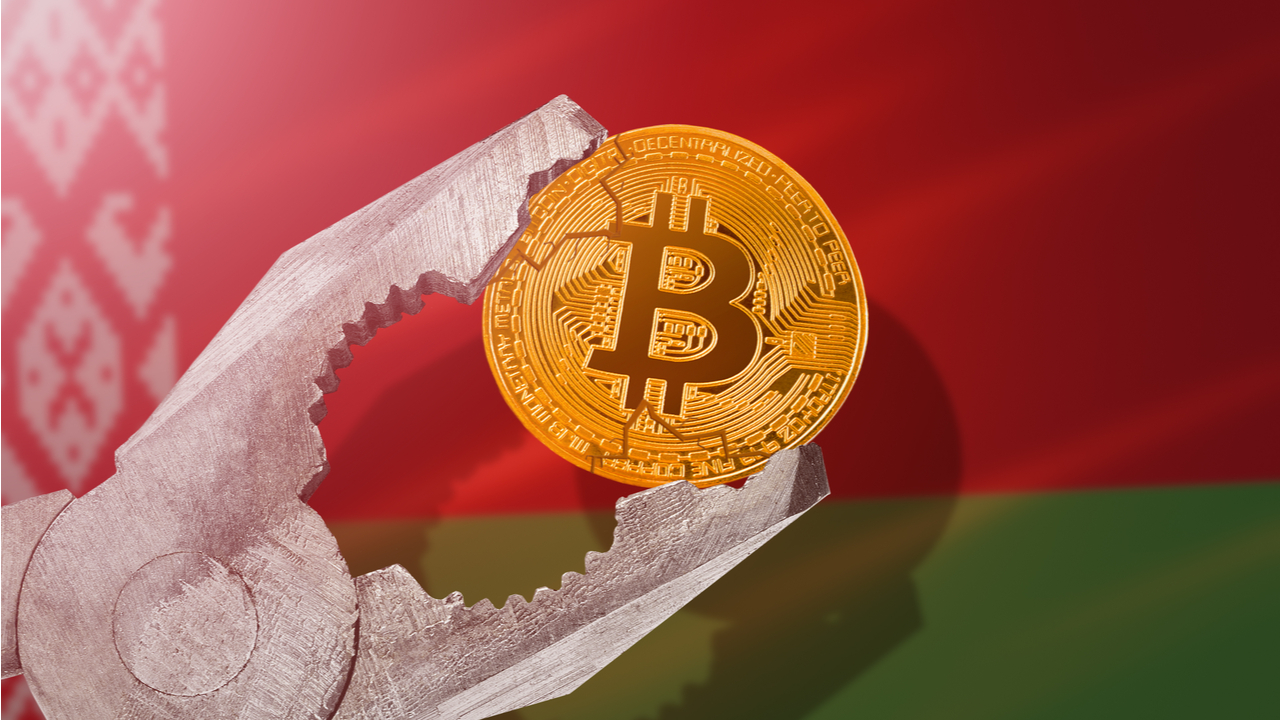
South Africa’s financial regulator has announced that all crypto exchanges in the country must obtain licenses by the end of 2023.
Last week saw more rules and regulations emerge regarding digital assets. Thailand’s Securities and Exchange Commission issued new rules requiring digital asset service providers to warn customers of risks associated with cryptocurrency trading. The warning message must be clearly visible, and before customers can use the service, the business operator must arrange for the users to give consent and acknowledge the risks. Apart from a trading risks disclaimer, the new guidelines prohibit service providers from using customers’ funds for lending or investment.
The Monetary Authority of Singapore announced new requirements for crypto service providers to hold customer assets in a statutory trust by the end of 2023.“This will mitigate the risk of loss or misuse of customers’ assets, and facilitate the recovery of customers’ assets in the event of a DPT [digital payment token] service provider’s insolvency,” the authority says.
South Africa’s financial regulator, the Financial Sector Conduct Authority, has announced that all crypto exchanges in the country must obtain licenses by the end of 2023. If crypto exchanges continue to operate without a license after the deadline, the regulator intends to take “enforcement action,” which may involve fines or the closure of noncompliant firms.
In Belarus, the Ministry of Foreign Affairs is working on legal amendments prohibiting peer-to-peer (P2P) transactions in cryptocurrencies like Bitcoin (BTC). The ministry argued that crypto P2P services are “in demand among fraudsters who cash out and convert stolen funds and transfer money to organizers or participants in criminal schemes.”
Binance Australia offices were reportedly searched by the local regulator
The Australian Securities and Investments Commission conducted searches at Binance Australia locations. The investigation was part of an ongoing probe of Binance’s now-defunct Australian derivatives business. Binance’s representative did not confirm or deny to Cointelegraph whether the company’s offices were searched or whether the company was aware of a local probe. “We are cooperating with local authorities, and Binance is focused on meeting local regulatory standards in order to serve our users in Australia in a fully compliant manner,” a spokesperson for Binance Australia told Cointelegraph.
Denmark orders Saxo Bank to erase cryptocurrency holdings
Financial regulators in Denmark are coming after cryptocurrency service providers, declaring that local banks cannot hold cryptocurrency to hedge against trading risks. The Danish Financial Supervisory Authority (DFSA) officially ordered local investment bank Saxo Bank to dispose of its own holdings in crypto. According to the DFSA, Saxo Bank offers its customers the opportunity to trade a number of cryptocurrency products through its platform. The firm also offers several crypto-linked exchange-traded funds and exchange-traded notes, the regulator said, adding that “it is possible to speculate on crypto assets.”
Twitter receives money transmitter licenses in three U.S. states
Twitter Payments, a subsidiary of Elon Musk’s Twitter social network, appears to have received its first money transmitter licenses after Michigan, New Hampshire and Missouri approved the company’s applications. A money transmitter license allows a company to provide transfer services or payment instruments. This differs from a license to conduct sales in that it’s meant to offer consumer protections for businesses that facilitate the transmission of money from one party to another, not just the purchase of products and services.
It remains unclear at this time exactly what offerings will be on tap if and when Twitter Payments eventually rolls out. The company applied for licenses in all 50 United States states, and there’s no clear timeline for the approval process.









